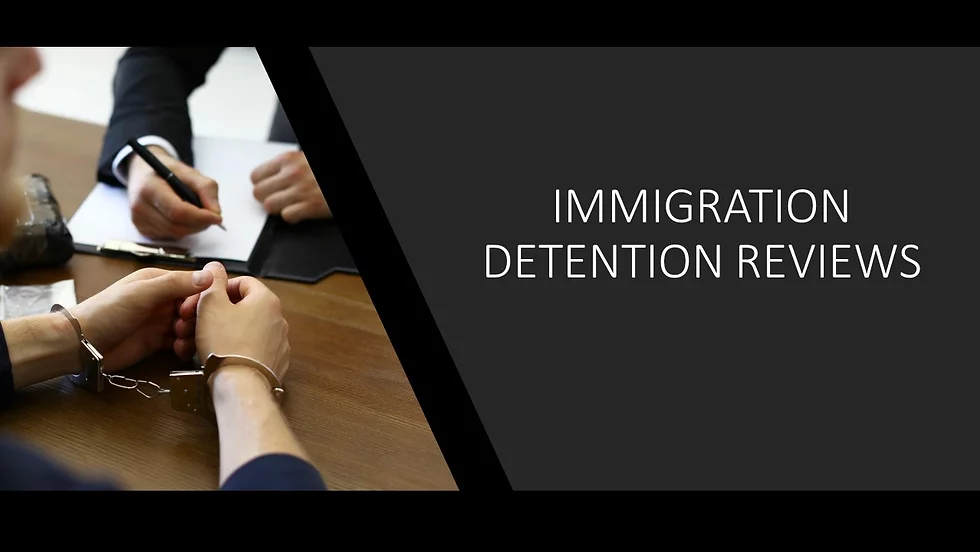
WHEN
Live webinar October 20, 2022 @ 12:00 PM EST
OR available available video recording
INSTRUCTOR
Daniel Epstein
DURATION
2 hours
SUMMARY: This course will examine the process and underlying law and principles of detention review hearings. The emphasis will be upon the practical tools required of representatives when appearing before the Immigration Division when a client is detained. The goal is to prepare you to confidently represent your client at detention review hearings.
CPD CREDITS
For Lawyers and Paralegals
Law Society of Ontario
• Substantive Hours: This program is eligible for up to 2 hours
Law Society of British Columbia
• Approved for 2 CPD credits
Law Societies of Alberta, Manitoba, Newfoundland and Nova Scotia
• For members of these Law Societies, consider including this course as a CPD learning activity in your mandatory annual requirements
For Regulated Canadian Immigration Consultants
College of Immigration and Citizenship Consultants
• Approved for 2 CPD hours
• Video recording valid until October 20, 2023
Currently awaiting further accreditation
This course is no longer for sale.
If you are interested in several previous year courses, reach out to us at [email protected]
Daniel has over five year of experience operating his own law practice in Montreal, focused almost exclusively on immigration litigation. He appears regularly before the Federal Court of Canada and all divisions of the Immigration and Refugee Board. Daniel has also represented clients charged with criminal offences before the Ontario Court of Justice.
Daniel has extensive experience handling refugee claims at all stages, from initial intake to the Federal Court. His advocacy extends to written submissions, such as pre-removal risk assessments, rehabilitation applications, section 44 reports, Humanitarian and Compassionate application, etc. He approaches all of his clients’ causes, from the simplest to most complicated matters, with the same vigour and discipline.
Daniel is a mentor and evaluator in the Law Practice Program at Ryerson University, the experiential alternative to articling in Ontario. He has volunteered extensively with organisations dedicated to assisting those living in homelessness to reintegrate into society.